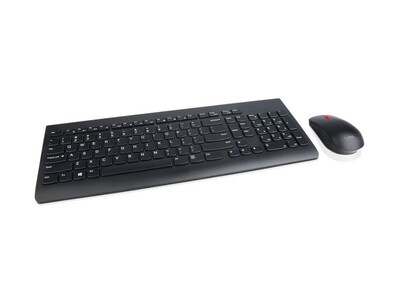Hirdetés
-


Lenovo Essential Wireless Combo
lo Lehet-e egy billentyűzet karcsú, elegáns és különleges? A Lenovo bebizonyította, hogy igen, de bosszantó is :)
-


Kulisszák mögötti videón a hamarosan megjelenő Stellar Blade
gp A kizárólag PlayStation 5-re szánt akciójáték alig két nap múlva debütál.
-


Megjelentek az első HMD okostelefonok, ezek a magyar áraik
ma Három készülékkel indít saját név alatt a gyártó: Pulse, Pulse Plus és Pulse Pro. Májustól kaphatók.
-

PROHARDVER!
OLVASD VÉGIG ALAPOSAN MIELŐTT ÚJ HOZZÁSZÓLÁST ÍRNÁL!!!
Új hozzászólás Aktív témák
-

stratova
veterán
válasz
 #24650752
#11576
üzenetére
#24650752
#11576
üzenetére
Áh, először én sem tudtam hová tenni. Beugrott egy emészthető magyarázat. Illetve egy másik, szokásos Abu minőségben.
Egyébként pontosítanom kell, mert fent a Maxwell leírását ragadtam ki, a pletyka szerint Boulder APU-ból is az extrémebbik verzió 8-16 combos ARM maggal:
Nvidia's Denver/Maxwell will allow running an operating system directly on GPU (or CPU-on-GPU) chip sometimes in 2014. Considering the fact that Denver is a 64-bit ARMv8-compatible architecture, it should offer pretty high compute performance. Apparently, this is not enough for Nvidia, which is why it is also designing Boulder, an ultra-high performance system-on-chip with 8-16+ "fat" ARM-compatible cores as well as high-bandwidth interconnects and I/O, reports Bright Side of News web-site.
Boulder, which is also due in 2014, is said to be aimed at AMD Opteron and Intel Xeon chips in environments where their x86 nature does not matter much, e.g., high-performance computing. Essentially, Nvidia wants HPC servers featuring Tesla compute accelerators to use Boulder instead of traditional x86 central processing units to perform "serial" tasks.At present, nothing particular is known about Boulder, but its alleged difference from Denver suggests that this will be a high-performance architecture with high-end execution units, massive multi-level, multi-MB caches; advanced branch-predictors; extremely efficient dispatch; advanced scheduling and other features today found on advanced x86 central processing units.
Nvidia did not comment on the news-story.
Szerk.: Áttettem OFF-ba, mert mégsem AMD-s projektről esik benne szó javarészt.
[ Szerkesztve ]
Új hozzászólás Aktív témák
A topikban az OFF és minden egyéb, nem a témához kapcsolódó hozzászólás gyártása TILOS!
Az ide nem illő hozzászólások topikja:[link]
MIELŐTT LINKELNÉL VAGY KÉRDEZNÉL, MINDIG OLVASS KICSIT VISSZA!!
A topik témája:
Az AMD éppen érkező, vagy jövőbeni új processzorainak kivesézése, lehetőleg minél inkább szakmai keretek között maradva.
- Google Chromecast topic
- Samsung Galaxy S24 Ultra - ha működik, ne változtass!
- Könyvajánló
- AMD Radeon™ RX 470 / 480 és RX 570 / 580 / 590
- War Thunder - MMO Combat Game
- Milyen autót vegyek?
- Apple Watch Ultra - első nekifutás
- Kávé kezdőknek - amatőr koffeinisták anonim klubja
- Fujifilm X
- Aliexpress tapasztalatok
- További aktív témák...










